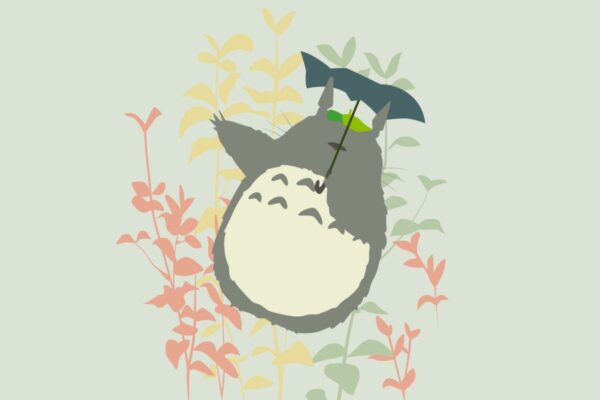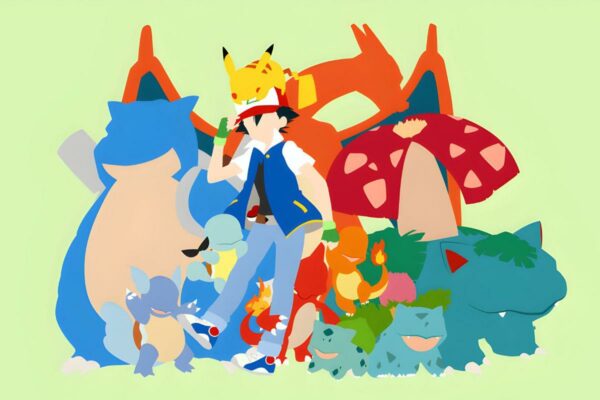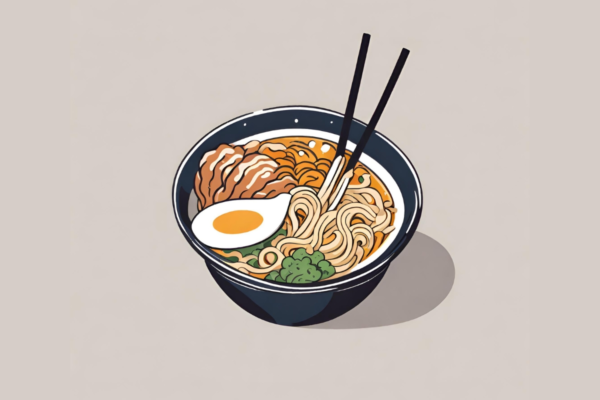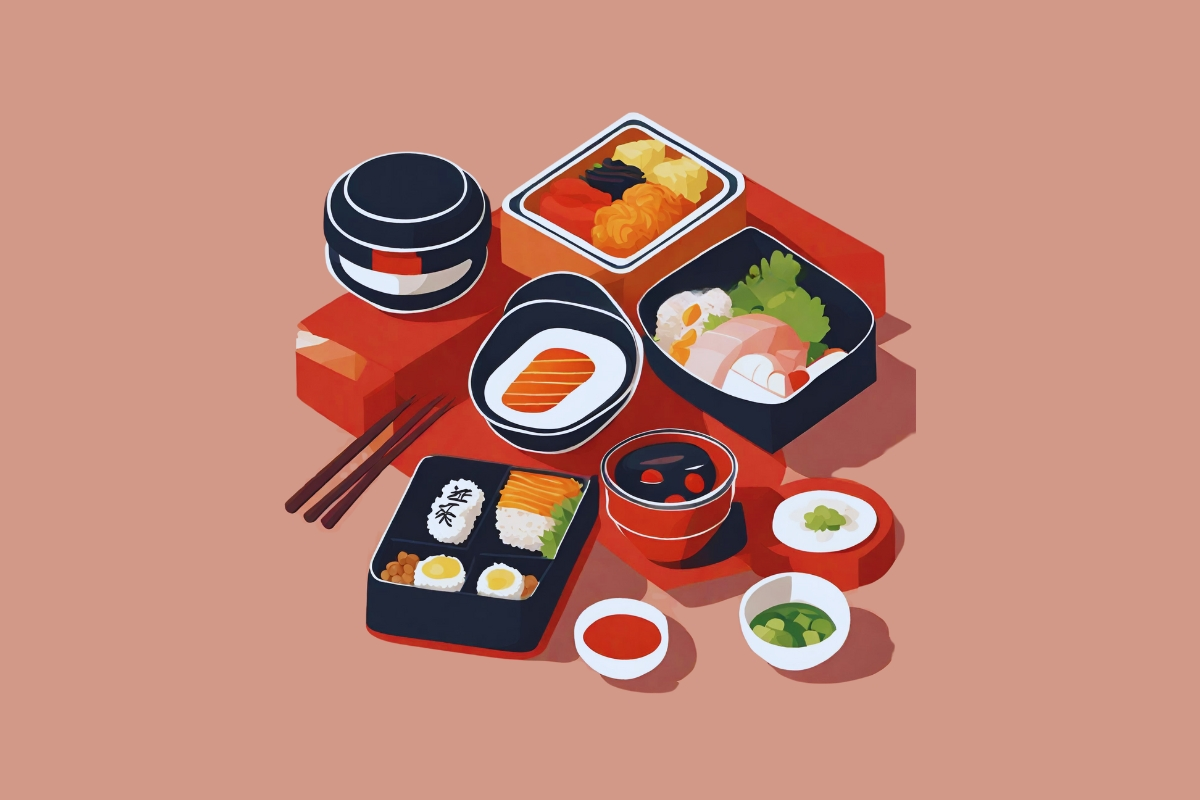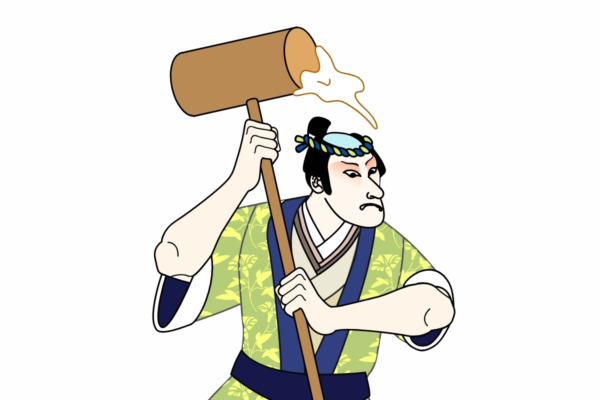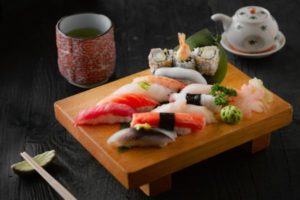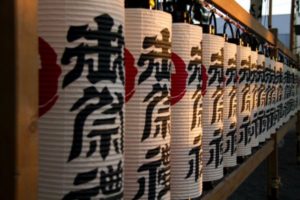The term ‘Less is More’ truly resonates with many people worldwide, wishing to cut unnecessary clutter from their lives, only to use what’s needed to live a more spiritual existence. In recent times, the term “Japanese minimalist” refers to a lifestyle based on Zen Buddhism’s emphasis on life necessities. The concept of Zen allows us to acknowledge ourselves without personal belongings, hence appreciating the more essential elements of life.
For example, having a bed, desk and chair, including some kitchen necessities within our home, is more than enough for Japanese minimalists to get by.
Questions then arise; do we need a TV? Or Xbox/Playstation? Or anything related to consumerism? The answer is simple when the word ‘need’ adds to a question – No.
Of course, it’s easier said than done when decluttering one’s home. However, finding a good place to start is essential, and perhaps cutting out the old and adding some new can make this difficult transition a bit more manageable.

The Japanese minimalist lifestyle often finds multiple-use for singular products or materials, reflecting an eco-friendly existence. When browsing through the catalogue of TOOTHPIC NATIONS (yes, it’s spelt correctly!), an array of simple necessities jumped out, and we thought: “I could do with that.”
Simple products like a Perpetual Calendar, made by Japanese designer Shuji Kawahara, or an upcycled Katamaku card case, ideal for storing cards, pens or tickets, are crafted by upcycled material and then reused for essential use; hence no waste involved.
Let’s get to know TOOTHPIC NATIONS and see how they can help us make consumerism a less obvious lifestyle choice as we explain why many people around the world are embracing the Japanese minimalist lifestyle.
Japan: The Toothpick Nation
The name itself stands out as different, but it symbolises Japan’s multi-uses for toothpicks, which resonates with TOOTHPIC NATIONS’ upcycled philosophy of producing everyday necessities using capable material.
London based graphic designer/art director and TOOTHPIC NATIONS founder Rebecca found her passion by a yearning to bring Asian contemporary designs to western shores.
Unfortunately, many industries, such as film, music, and fashion, miss exposure to further global platforms, primarily due to cultural barriers. By establishing her e-commerce in London, TOOTHPIC NATIONS allowed the Asian design market to find its feet and gain popularity amongst western consumers with these handcrafted everyday products.
In addition, Toothpic Nations’ catalogue serves as an ideal go-to for those exploring the Japanese minimalist lifestyle with an eco-friendly approach.




The diverse selection of Toothpic Nations’ products rotates, with new and fresh designers consistently added to the brand ever-growing archive. The Toothpic Nations ideology of combining necessities with eco-friendly creations is shown by this unique Blossom Wine Holder, entirely made from recycled material and crafted by lifestyle brand – Goodjob.
Each product is designed by independent brand based Designers from East and Southeast Asia, emphasising the importance of showcasing Asian artwork amongst western cultures.
Toothpic Nations allows each artisan to expose their talent to a western audience as a lack of exposure often affects aspiring artists worldwide. In addition, contributing to the more incredible picture of a multicultural society through arts and crafts allows fresh talents to emerge with new designs and products, breaking down cultural barriers.

The Way of the Japanese Minimalist Lifestyle
Japanese minimalism serves as the antagonist to our modern consumerist society. The bare essentials to get by is what’s required – no more, no less. In addition, living a more simplistic lifestyle without unnecessary distractions allows room for appreciating the world’s natural beauty – an aspect many of us miss daily.
What is Japanese Minimalism?
The term Ma (間) often relates to Japanese Minimalism. As mentioned before, the Minimalist ideology originated in Japan thousands of years ago from Zen Buddhism and has maintained a place within Japanese culture ever since. However, Japan’s capitalist side was essentially created off the cuffs of World War 2, which left the country in desperate need of an economic rebuild.
To get the country moving again, Japan followed suit to Western standards; hence consumerism became apparent. However, with the inevitable rebuild of economic Japan, daily life slowly drifted away from minimalist values and became less and less appreciated across future generations.
The Turn of Minimalism in Japan
Living a more simple life offers an array of benefits when residing in Japan. A prominent factor is financial purposes for Japan and everywhere else, for that matter. It’s a simple cost elimination – the less you own, the less you need.
Another reason for rising minimalists in Japan points towards the countries constant occurrence of earthquakes. Japan experiences most of the world’s earthquakes due to the island being situated across the pacific ring of fire, making the Japanese shores a red zone for natural disasters. A large proportion of earthquake-related injuries in Japan come from falling objects. A typical Japanese home is small with little storage space to spare. Having fewer objects stored within a small apartment reduces risk hazards like broken glass, falling pots and televisions, including other electrical appliances.

Names like Marie Kondo will be familiar with those practising the Japanese Minimalist lifestyle. Her best selling book, The Life-Changing Magic of Tidying Up, was translated into several languages, including English. Her Netflix special Tidying Up with Marie Kondo has gained global recognition, promoting Japanese minimalists within western society. Her concept of cleaning and decluttering your home signifies Japan’s original principles set thousands of years ago through Zen Buddhism, ensuring cultural importance to Japanese society.
Essentially, our home reflects self, and Marie Kondo emphasises the importance of keeping your home clean to maintain a peaceful clarity throughout your life.
“The best way to find out what we really need is to get rid of what we don’t”
– Marie Kondo-
Kick-off your embracement of Japanese minimalism by checking Toothpic Nations online store for a wide selection of their simplistic products on offer, including their Instagram for regular updates.













